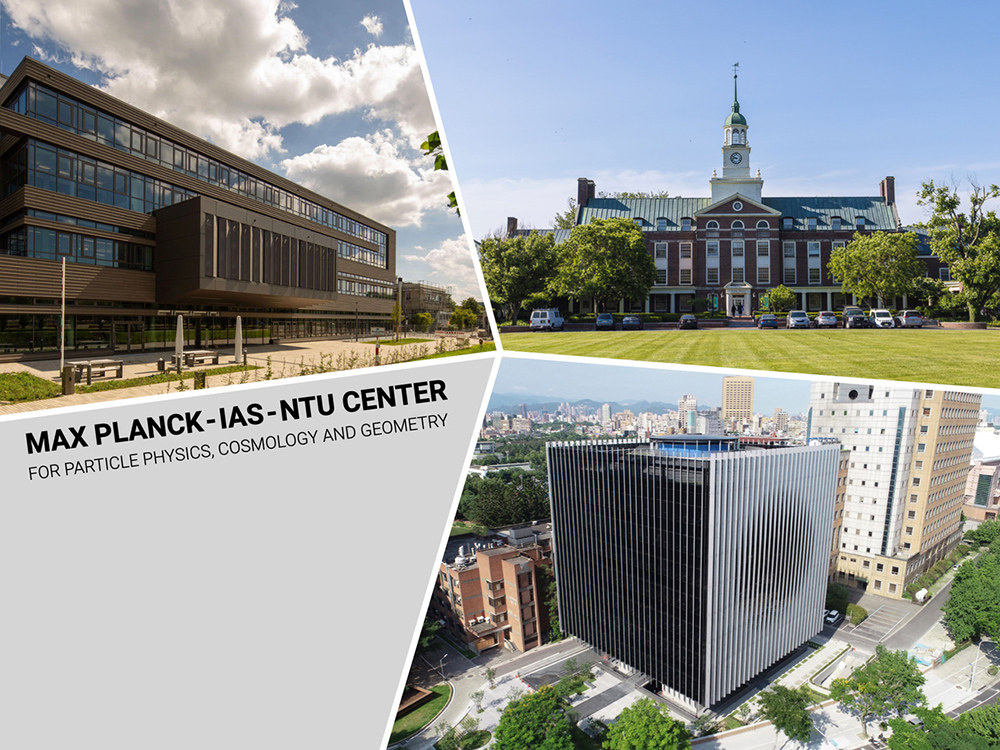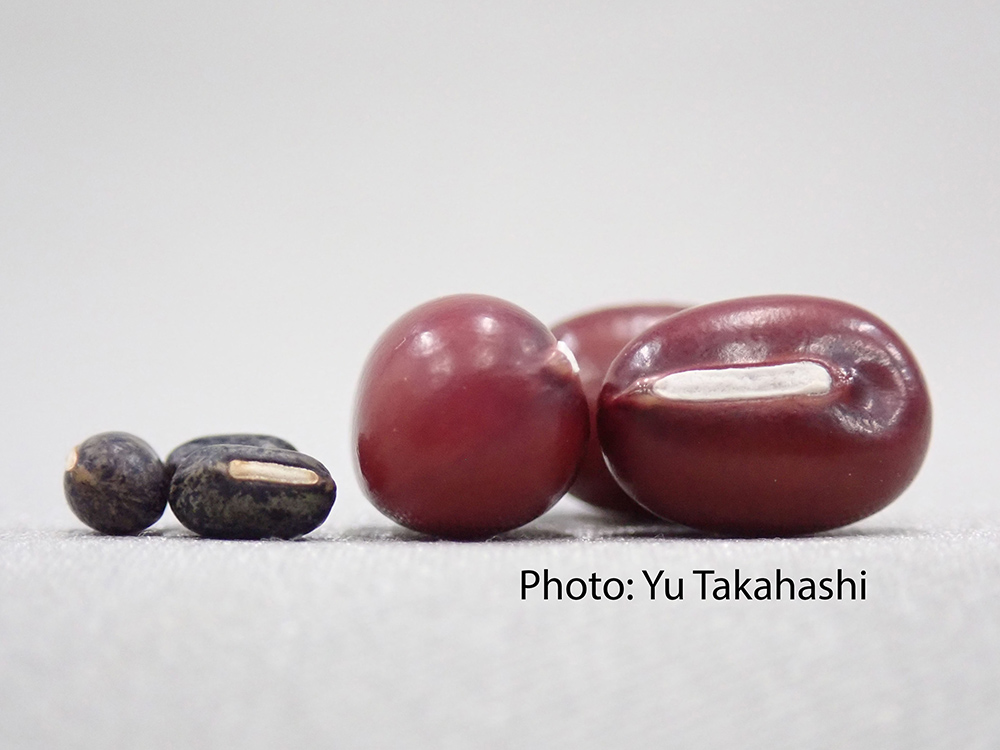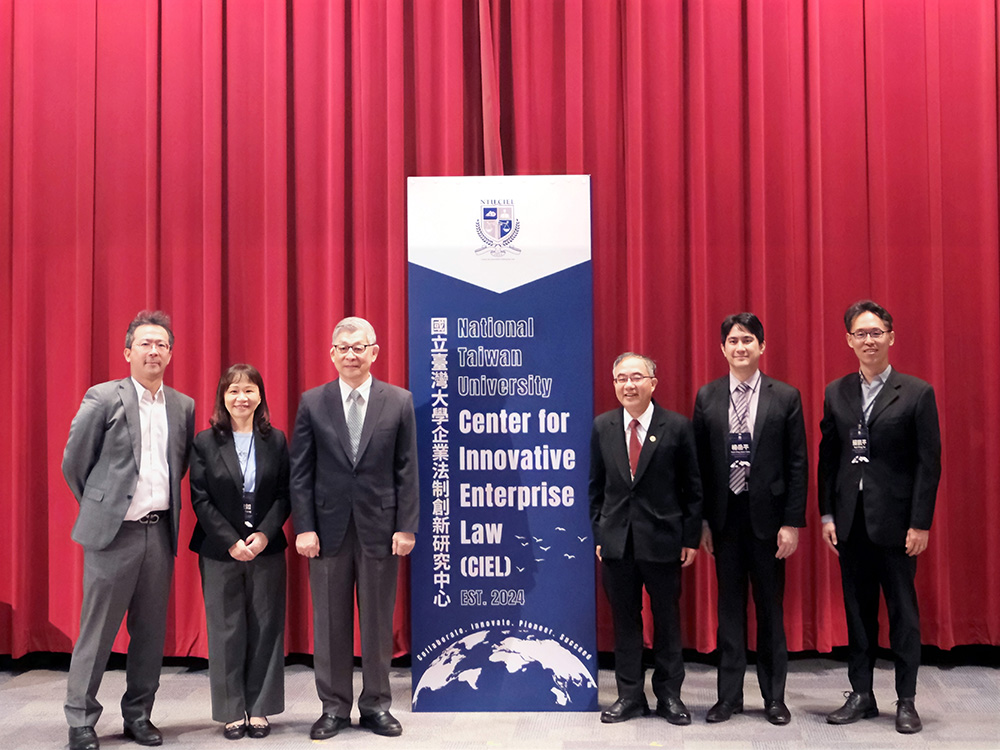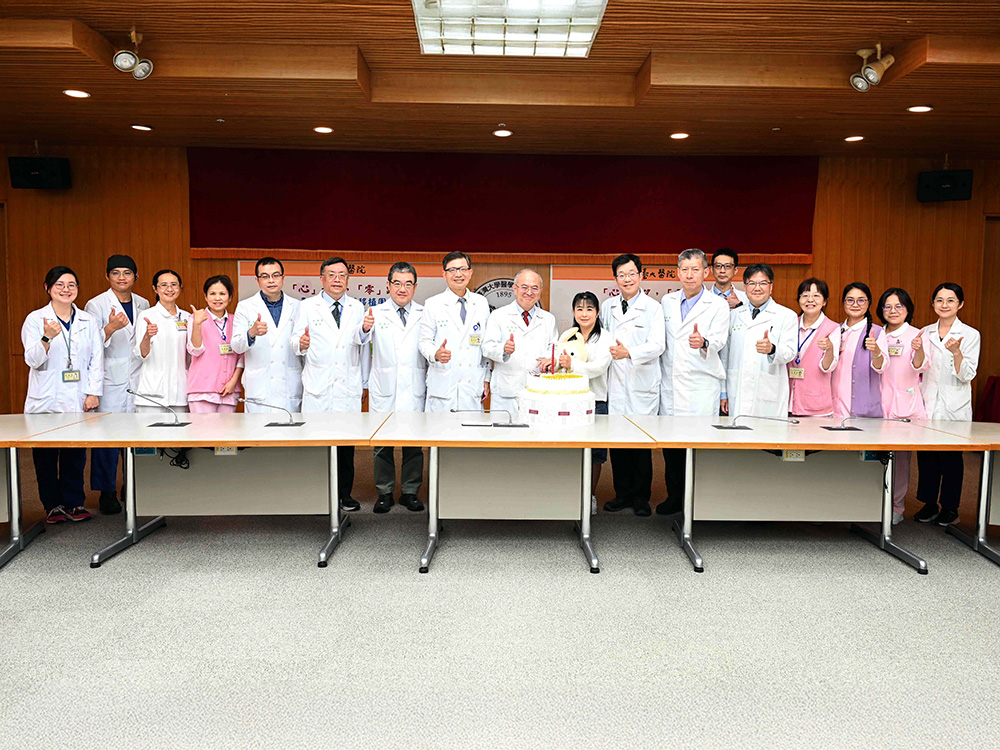
A Distinguished Global Research Center Established at NTU under Trilateral Cooperation
瀏覽器版本過舊,或未開啟 javascript
請更新瀏覽器或啟用 javascript
Spotlights
NTU offers comprehensive and cutting-edge courses on plant biotechnology.
NTU offers comprehensive and cutting-edge courses on plant biotechnology.
The course objectives of the NTU Institute of Plant Biology (IPB) are designed to give students a solid foundation as plant scientists by combining theories and empirical research that enable students to easily transition into academia or industry after graduation. The Institute prides itself on being a cradle for plant science researchers. We work with the NTU Center for Biotechnology, Department of Life Science, and Department of Biochemical Science and Technology in establishing common undergraduate courses. Among these courses, “General Biology” and “General Botany” are popular school-wide core courses that allow students interested in biological research to gain a solid foundation in biology and plant biology.
We are committed to encouraging undergraduate students to further explore the field of plant biology by offering specialized courses. In addition to the traditional courses such as molecular biology, biochemistry, protein science, and plant physiology, IPB faculty offer courses based on the "latest trends in plant science." The courses delve into the major areas of current plant research, and address the obstacles encountered in the field. The course materials were updated as recently as in the last two years, using the faculty’s firsthand experiences in cutting-edge research on diverse topics, including agricultural science, pharmaceuticals, and environmental changes.
The course “Plant Growth and Development” focuses on the process of plant growth, plant interactions with environmental factors, and the internal molecular mechanisms of plants. The course teaches students to utilize current plant biotechnology to facilitate sustainable agricultural developments in areas such as molecular biology, genetics, and the transformation of plant growth processes and metabolic components. We expect students to put what they learn into practice, and to contribute to the field of agricultural biotechnology.
“Topic of Plant Epigenomics” studies selective gene transcriptional expression and post-transcriptional regulation. Presently, it is the only course on this field of study at NTU. The course builds on students’ existing knowledge of molecular biology, briefly introducing the mechanism of epigenetic control and offering cutting-edge publications for students to read. This course familiarizes students with scientific writing and critique, as well as enables them to develop pertinent skills through presentations and class discussions.
“Plant Hormone Analysis” discusses how plant hormones can affect plant growth and development. Plants have extremely low concentrations of plant hormones, and consequently studying them requires painstaking care. This research-based course enables students to not only understand the methods and principles of chemical extraction, but also perform instrumentation and analysis. Under careful instruction, students are given the opportunity to learn how to purify plant hormones. The course does not include oral or written tests; instead, grading is based on the data students collect and the quality of their written analyses. This approach provides students with a glimpse into actual scientific research and industrial development models.
“Photosynthesis and Photobiology” delves into the control points and mechanisms of photosynthesis that help illuminate the role that photosynthesis plays in supplying energy to the biosphere. The course also explores photosynthetic efficiency, yield control, photobiology, and light transmission, as well as how these affect the various physiological manifestations of plants. Through this course, students gain an understanding of plant photosynthesis and the molecular responses in the plant, both of which are crucial to agricultural research.
The IPB hopes to give students a solid foundation in molecular biology and plant biology, and offer them the opportunity to engage in hands-on research. Through the combination of academic courses and research training, students will gain invaluable skills that can be applied in plant biology and agricultural biotechnology.
(Source: Institute of Plant Biology, College of Life Science)

A Distinguished Global Research Center Established at NTU under Trilateral Cooperation

Collaborative study between NTU and Japan uncovers the origin of Adzuki Beans and agriculture in Japan

NTU Launches Center for Innovation in Enterprise Law—with Forum Highlighting Trump’s Policy and Legal Shifts Amid Geopolitical Tensions

NTU and Ministry of Environment Sign MOU to Advance Net-Zero Transition and Environmental Resilience

NTU Hospital’s Cardiac Transplant Team Pioneers Beating Heart Transplant with Zero Ischemic Time
Current Spotlights